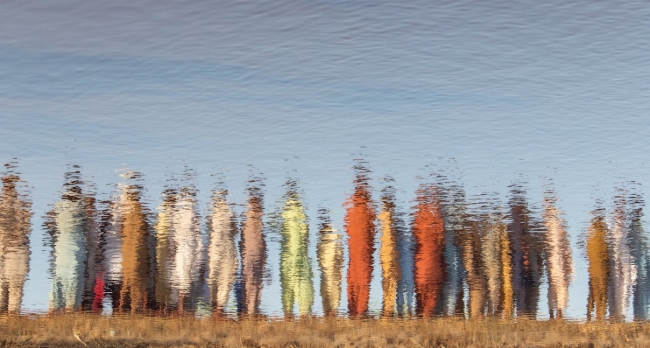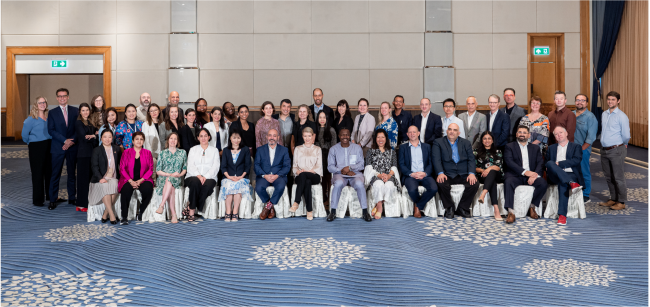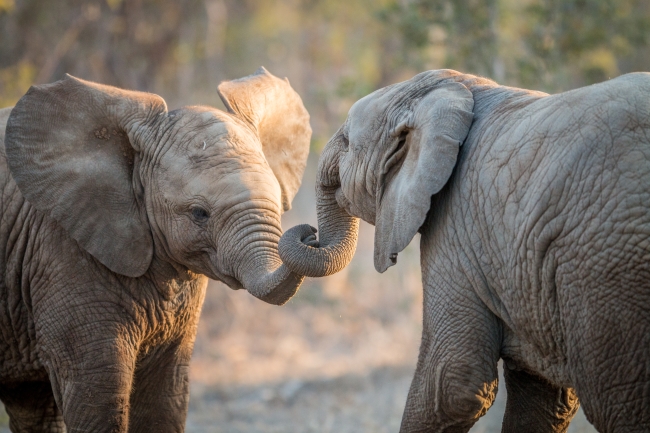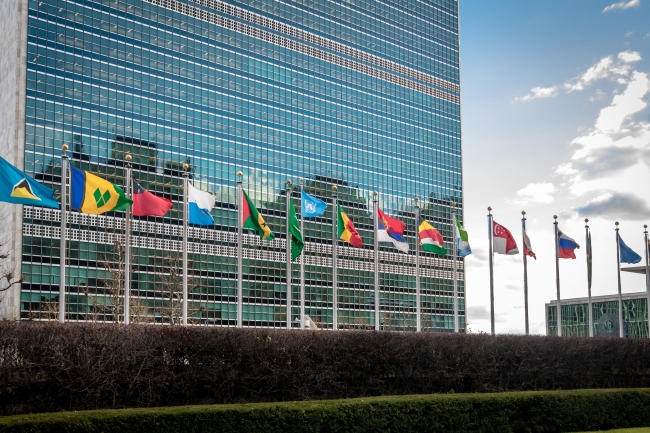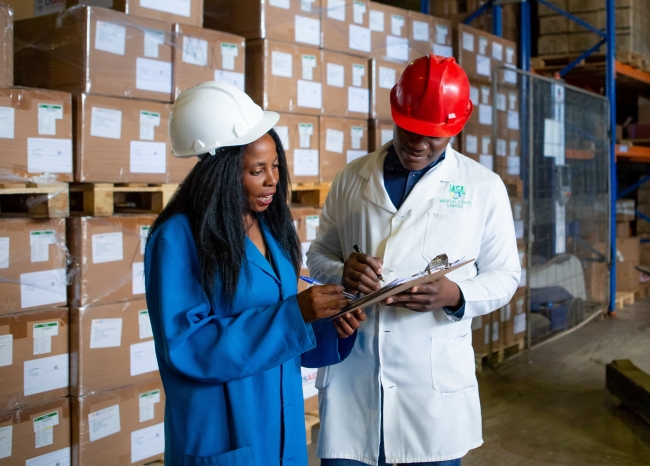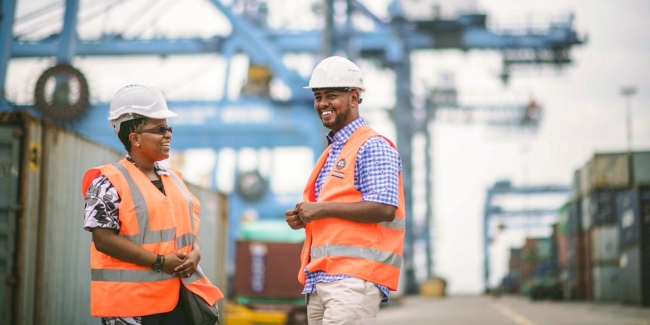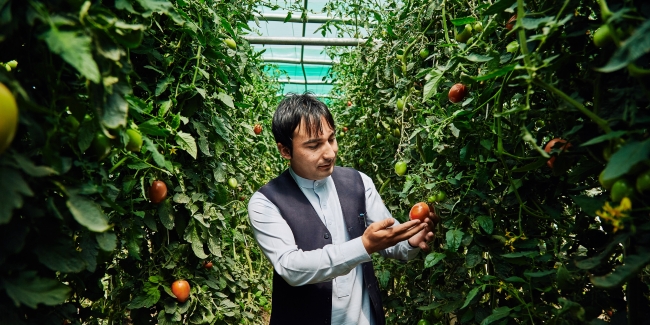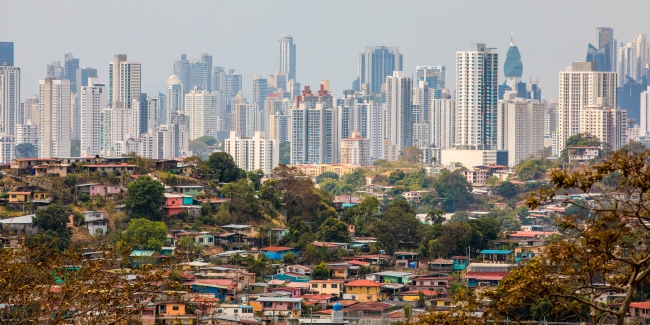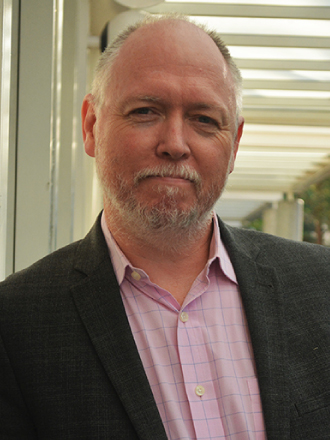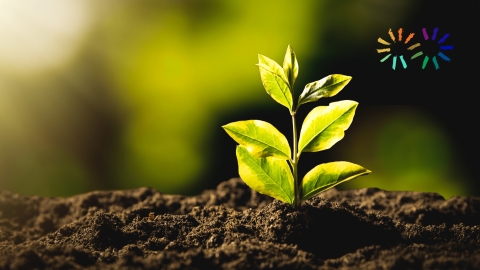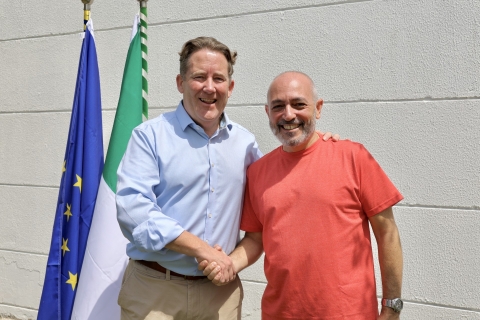Sustainability without Financial Resilience is not Sustainable: The Role of a Global Takaful Alliance
16 DECEMBER, 2024
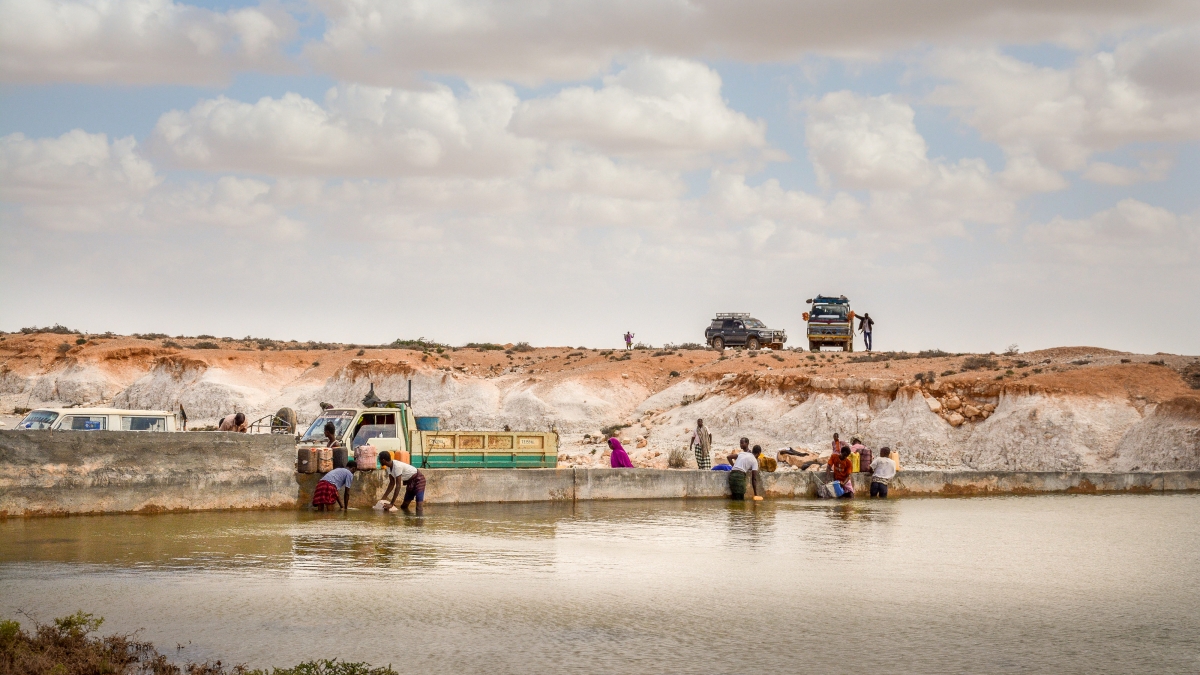
Tens of thousands of people are right now working on issues of absolute global, regional and national importance. Many of them have been working conferences where the global community is gathering to decide the future of how the development system and governments tackle key issues. First we had the UN biodiversity conference in Colombia, then the UN climate conference in Azerbaijan, and in the next few days the UN desertification/drought conference in Saudi Arabia. Next year, the development community will meet in Spain on how all of this should be financed.
In all of these policy processes, gatherings and conferences, there has been hope that we will see new commitments from member-states, new partnerships with the private sector and innovations in delivering development at the country level. Results have been mixed so far.
For those of us working in financial resilience, there is a growing concern that there is far too little focus on protecting all such investments from rising risk, hazard and shock. From the UNDP perspective, all of the investments in global development policy processes, all the work, every commitment, is at threat. The international community and countries are simply not looking at ex-ante financial solutions at the scale needed, and without such financing, the work across key sectors will remain at perpetual threat. Increasingly, we will see the lack of insurance and financial resilience seriously undermine growth and investment.
In this scenario, the positive cycle of insurance -where increasing levels of financial resilience strip away risk and uncertainty, so incentivising innovation and investment - is grinding to a halt. As a largely untapped resource of financial protection, Takaful (a form of shared risk pooling and prosperity that is aligned with Islam) is growing, and is already serving many Muslim communities around the world. Yet it has a long way to go to keep up with the pace of risk that many face as climate change and other global challenges undercut growth, investment and development.
To protect vulnerable people across the world from the escalating effects of climate change, policymakers and other public and private sector stakeholders must work together to better leverage this essential tool of Takaful. This is where the Global Takaful Alliance can and must make its mark.
The Global Takaful Alliance is making strides in bringing together public and private organizations and institutions with the ambitious target of increasing the financial resilience of 100 million people by 2030. To date, UNDP’s vision to scale Takaful through the Alliance has been joined by the Islamic Development Bank (IsDB), Arab Gulf Programme for Development (AGFUND), Kuwait Finance House (KFH) Group, and the Mohammed Bin Rashid Al Maktoum Global Initiatives (MBRGI) with many, many more institutions, Takaful providers and countries keen to know more.
When financed and operational, it will look to deliver results across the biodiversity, climate, desertification agendas and much more.
Currently the international community spends more than 100 times more on humanitarian assistance than it does on financial resilience, and a 1000 times more on development assistance than on the financial resilience needed to secure the value of such assistance. This is entirely the wrong direction for development and the SDGs.
Investments in financial resilience and in partnerships such as the Global Takaful Alliance, are the only way we can truly deliver on the sustainability of our global development goals.
Find out more about the Global Takaful Alliance or read about how Takaful can build financial resilience in the joint IsDB-UNDP reports available at irff.undp.org
This article was originally published in the December 2024 issue of the Islamic Development Bank's SDG Digest, themed “Life on Land: Pathways to a Sustainable Future”.
